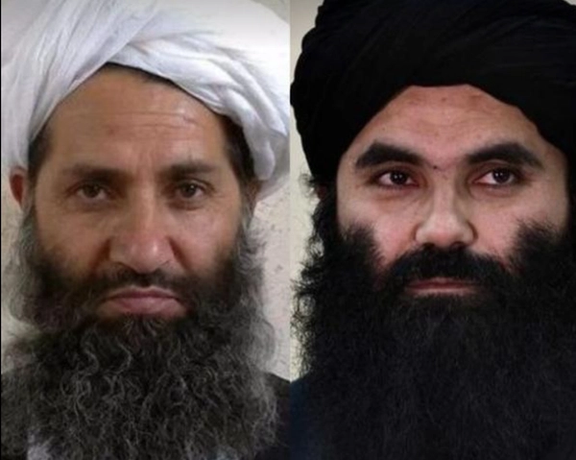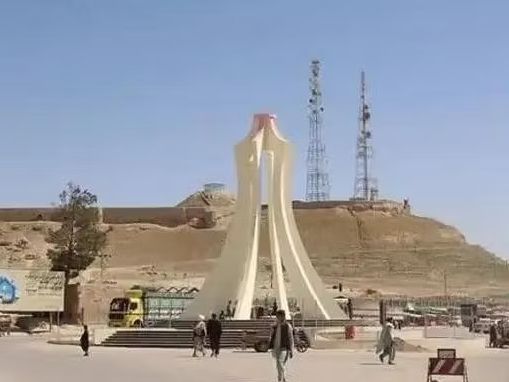Nazary addressed the Canadian Parliament's Foreign Affairs and International Development Committee.
This NRF official said that Afghanistan will face a power vacuum due to Taliban’s disintegration and inability to provide security and stability.
On Thursday, in response to the question of the Canadian members of parliament over NRF’s expectations from Canada, Nazary said that the front seeks political and moral support from the international community and other countries like Canada.
He also explained that the NRF has been part of a political process in Vienna to achieve unity and consensus among the Taliban opposition groups to form a democratic alternative.
Ali Maisam Nazary also asked for the establishment of a “better mechanism” for international aid to prevent the Taliban’s exploitation of the humanitarian assistance.
Nazary spoke about the international community’s sanctions as a lever of pressure on the Taliban and said that sanctions can accelerate the collapse of the Taliban in Afghanistan.
He pointed to Amnesty International’s recent report about the Taliban’s violation of human rights and explained that the Taliban committed war crimes in different areas of Afghanistan against the Afghan civilians.
He also criticised that the allocation of aid alone cannot solve the current humanitarian crisis in Afghanistan and emphasised on the need to create a transparent mechanism to prevent the Taliban from accessing humanitarian financial resources in Afghanistan.

